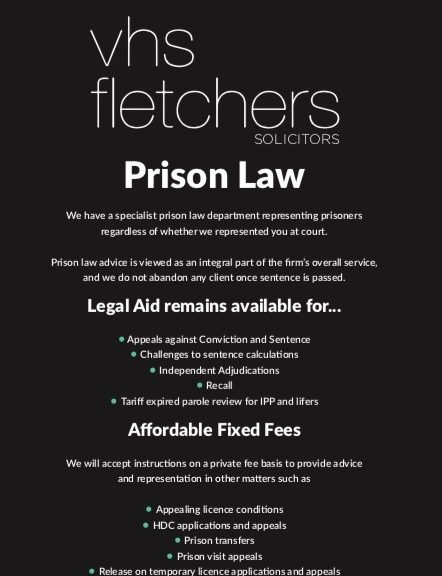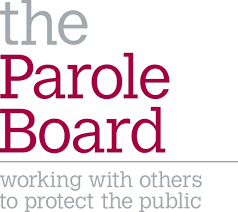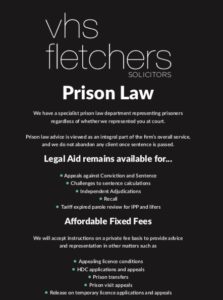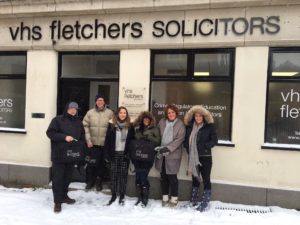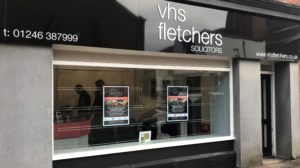
Nottingham criminal solicitor Martin Hadley recently represented a client who was jointly charged with allegations of production of cannabis and possessing it with intent to supply before Nottingham Magistrates’ Court.
Despite a relevant history of previous offences and very strong evidence, he was able to persuade the prosecution to accept a lesser charge. As a result, committal to the Crown Court for sentence and a likely prison sentence was avoided. Further, he represented her under an affordable fixed fee agreement.
Production of Cannabis
The police visited the address of her and her partner, the co-accused. When the address is searched, the police discover significant amounts of cannabis in the kitchen cupboards. There also cannabis growing in the loft.
In interview Martin’s client had accepted that she knew about the cannabis grow, but denied that she had been involved with the actual production of the cannabis. In effect, she was accepting that she had permitted her premises to be used by her partner for cultivation of cannabis.
Although representations were made at an early stage that this would be an appropriate charge, the prosecution did not accept the plea that was offered. This was perhaps unsurprising as Martin’s client had two previous convictions for production of cannabis, one of which had resulted in confiscation proceedings. She had also failed to comply with a community order previously imposed.
As a result, Martin had advised her to plead not guilty to production of cannabis and the matter was adjourned for trial.
Plea to an alternative charge
Martin attended trial to represent his client. He renewed the representations to the prosecutor in court and this time they were received more favourably. His client was able to plead guilty to the alternative charge.
Bearing in mind her record, Martin was unable to provide any guarantees that she would escape a prison sentence. His experience and judgement, however, led him to believe that the lesser charge in combination with her personal mitigation would allow her to keep her liberty.
After hearing all about the case and listening to Martin’s expert mitigation aimed at avoiding custody, the Magistrates’ felt able to impose a Community Order. The only elements were residence combined with an 8 week electronically monitored curfew.
Fixed Fee Funding
Martin’s client was not entitled to legal aid. Her income was just outside the entitlement threshold. As an experienced criminal defence lawyer, Martin was able to estimate how much preparation would be involved in the preparation and presentation of the case and agree affordable fixed fee representation.
Contact a Nottingham Criminal Defence Lawyer
If you are to be interviewed by the police or face court proceedings then please contact our Nottingham solicitor Martin Hadley on 0115 9599550 or email him here. He will advise you as to how best to fund your case, whether that be through legal aid, a fixed fee or hourly rate.




